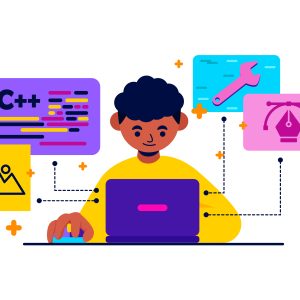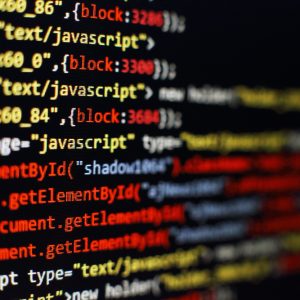In the vast and ever-expanding world of software development, the choice of programming language is akin to selecting the right tool for the job. With numerous languages available, each offering its unique features, syntax, and paradigms, it’s essential to consider several factors before diving into coding. Understanding why the programming language you choose matters can significantly impact the success and efficiency of your projects.
Tailoring to the Task at Hand
Different programming languages are optimized for specific tasks and domains, ranging from web development and mobile apps to data analysis and artificial intelligence. Choosing the appropriate language that aligns with your project requirements can streamline development, enhance performance, and facilitate code maintenance. For instance, Python is renowned for its simplicity and versatility, making it an excellent choice for rapid prototyping and data science projects, while languages like C++ excel in performance-critical applications such as gaming and system programming.
Leveraging Ecosystem and Community Support
The programming language you select determines the ecosystem and community support available to you. A robust ecosystem encompasses libraries, frameworks, tools, and documentation that accelerate development and foster innovation. By choosing a widely adopted language with a vibrant community, developers gain access to a wealth of resources, tutorials, forums, and open-source projects, enabling collaborative problem-solving and knowledge sharing.
Considering Scalability and Maintainability
Scalability and maintainability are critical factors in long-term software development. The programming language you choose should facilitate scalability by supporting modular, reusable, and extensible code structures. Additionally, languages with strong typing systems and static analysis tools can enhance code reliability and maintainability, reducing the likelihood of bugs and facilitating code refactoring and evolution over time.
Performance and Efficiency
Performance considerations play a pivotal role in choosing the right programming language for a project. Some languages prioritize runtime efficiency and low-level control, making them ideal for performance-critical applications, while others prioritize developer productivity and ease of use. Understanding the performance characteristics of different languages, including execution speed, memory management, and concurrency support, can help developers make informed decisions that balance performance with development speed and resource utilization.
Integration and Interoperability
In today’s interconnected world, software systems often need to communicate and integrate with other technologies and platforms. The choice of programming language can impact the ease of integration and interoperability with existing systems and third-party services. Languages with robust support for APIs, data formats, and communication protocols facilitate seamless integration, enabling developers to build interconnected ecosystems and leverage external resources effectively.
Future-Proofing Your Skills
The programming language landscape is dynamic, with new languages, frameworks, and paradigms emerging regularly. Choosing a language with long-term relevance and market demand can future-proof your skills and career prospects. By staying abreast of industry trends and technology advancements, developers can make informed decisions about which languages to learn and specialize in, ensuring they remain competitive and adaptable in the fast-paced world of software development.
Making the Right Choice
In conclusion, the choice of programming language is a decision that should not be taken lightly. It influences every aspect of software development, from initial design and implementation to performance optimization and maintenance. By carefully considering factors such as task requirements, ecosystem support, scalability, performance, integration capabilities, and future trends, developers can make informed decisions that lead to successful, efficient, and sustainable software projects. So, next time you embark on a coding journey, remember to think critically about the programming language you choose—it could make all the difference in your path to success.




